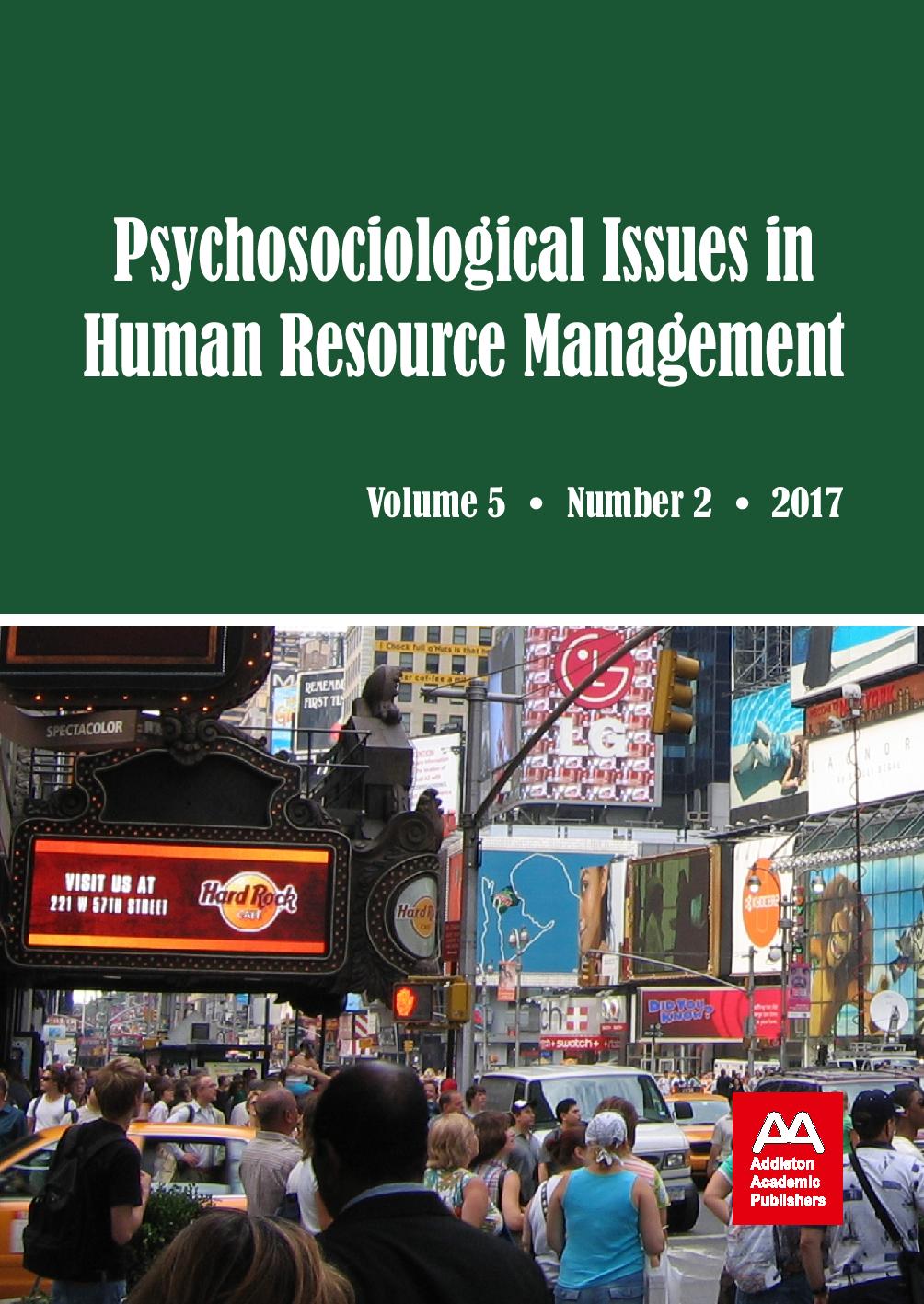BLENDED PROBLEM-BASED LEARNING IN HIGHER EDUCATION: THE INTERSECTION OF SOCIAL LEARNING AND TECHNOLOGY
BLENDED PROBLEM-BASED LEARNING IN HIGHER EDUCATION: THE INTERSECTION OF SOCIAL LEARNING AND TECHNOLOGY
Author(s): Roisin DonnellySubject(s): Higher Education
Published by: Addleton Academic Publishers
Keywords: blended learning; constructivist; digital diversity; eLearning design; interaction; problem-based learning; professional development; social learning; technological perspectives; transformative pedago
Summary/Abstract: In recent years, the discourse regarding the developing and utilization of information related digital technologies has flowed between a notion of autonomous technology and social constructivist perspectives. In higher education, digitized information technologies do not develop in isolation and similarly, the social structures in our classrooms do not develop free from technological influence – there are clear interactions occurring between them but also challenges in how they unfold and operate together. In addition to technological issues for teachers and academic developers who support their professional development, there are problems that arise during the change process from a traditional delivery mechanism, such as the lecture, to an alternative pedagogy such as a problem-based educational model. This paper addresses the need for an analysis of interactions taking place in the blending of online and face-to-face problem-based learning tutorials in the higher education classroom. A desk-based systematic literature review was conducted to gain a deeper understanding of the intersection of social learning and technological relationships of the academic staff who are engaged in professional development in higher education. The main findings of the literature review and experience of designing the blended PBL reveal that an intensive and comprehensive blended PBL staff development program can be effective in transforming teachers’ beliefs about teaching and learning with technology. This can emerge from extensive reflection on practice and exposure to appropriate socio-technological models. Further findings show that the benefits of interaction in the blended PBL tutorial are achieved through online and f2f small-group work based on a clear communicative approach and collaborative learning as methods that enhance the learner’s autonomy, self-esteem and intrinsic motivation to learn.
Journal: Psychosociological Issues in Human Resource Management
- Issue Year: 5/2017
- Issue No: 2
- Page Range: 25-50
- Page Count: 26
- Language: English
- Content File-PDF

